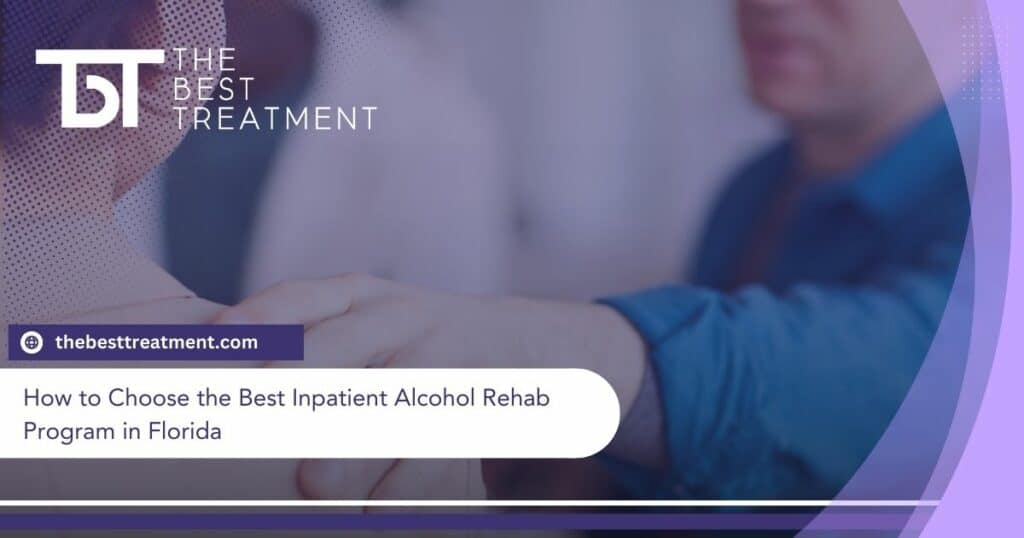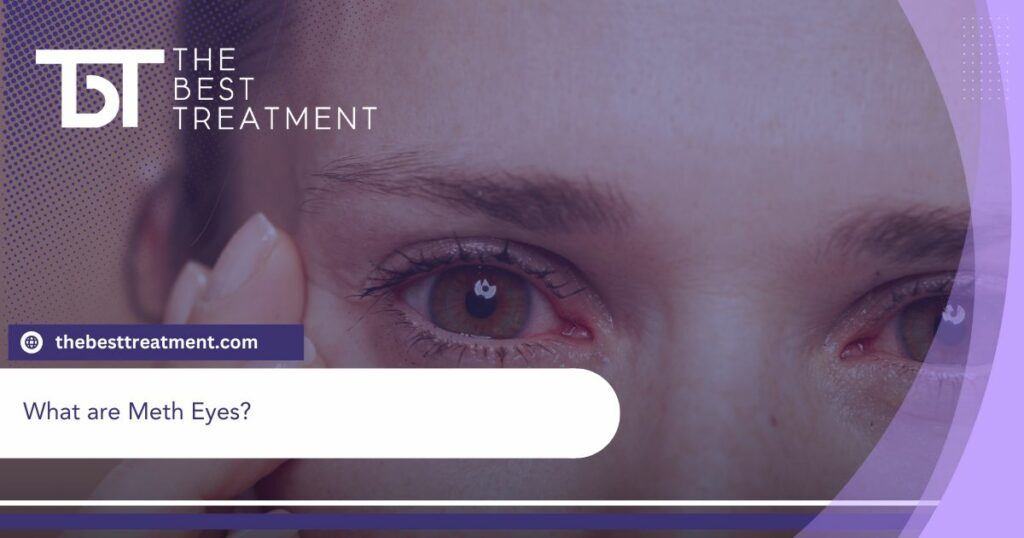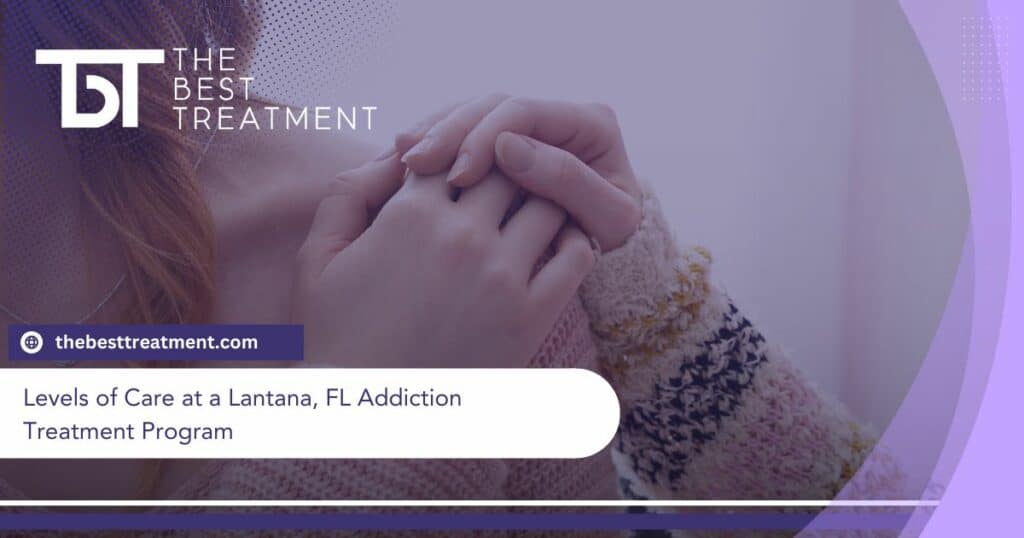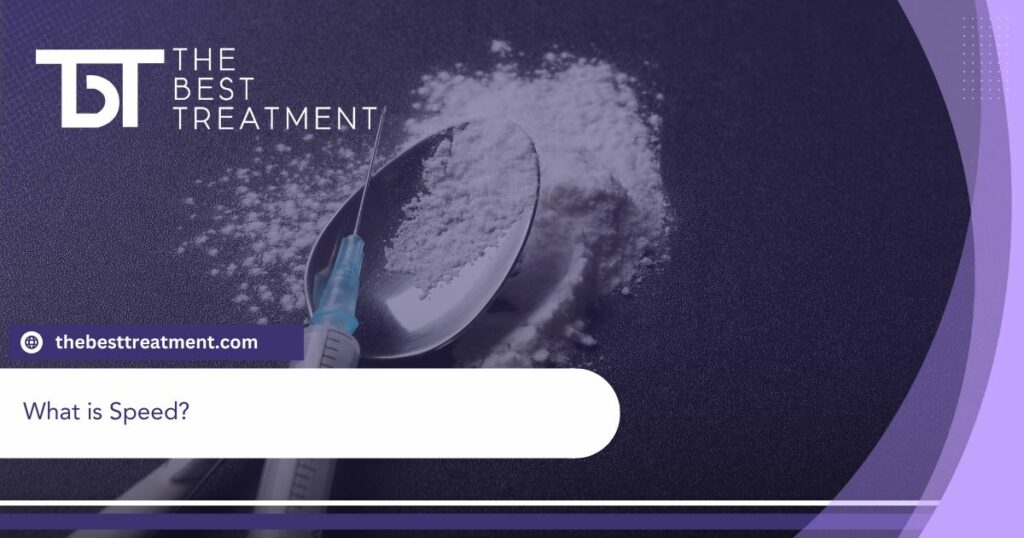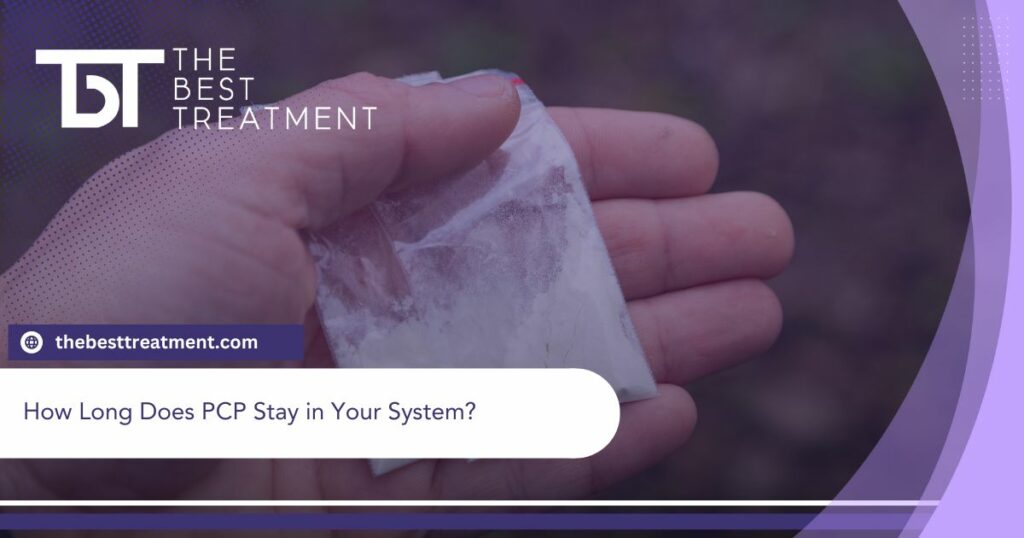Table of Contents
Recovery from substance abuse does not end upon the completion of a treatment program. Individuals recovering from drug or alcohol addiction must continue to build upon the foundation of recovery they built while in rehab. Adjusting back into normal life after spending time in rehab may prove to be even more challenging. Without the safety of a treatment center, individuals in early recovery must learn how to navigate any negative external factors or influences without the use of substances. With that being said, individuals should attend an aftercare program promptly after completing treatment.
Fortunately, there are many forms of aftercare available to choose from. For example, many organizations, programs, and resources are there to help individuals reacclimate to their lives, without succumbing to their former vices. By utilizing aftercare, the chance of relapse decreases, allowing people to live full, happy, and sober lives.
Types of Aftercare Programs and Organizations
Each individual in recovery has had a different journey and dealt with unique traumas. Therefore, each recovering addict or alcoholic requires a different form of aftercare. As a result, there are many programs and organizations to choose from when looking for addiction aftercare in West Palm Beach.
Facility-Affiliated Programs
Many rehabs and addiction treatment facilities offer their own aftercare programs. This makes participation much easier, as aftercare is typically included in each patient’s treatment program. However, the scope of these programs varies immensely.
Examples of rehab facility aftercare programs include:
- Sober living arrangements
- Follow-up therapy
- Medical evaluations
- Alumni support groups
If you are unsure whether your treatment center offers aftercare, you should contact them to find out.
Sober Living Housing
Sober living homes are residential facilities created for individuals who have recently left treatment and need additional help acclimating back into society. Some sober living homes may be associated with a specific treatment center, while others are privately-owned. When residing at a sober living home, you will have a live-in house manager who enforces rules and regulations to keep residents safe and accountable. For example, many sober living homes in West Palm Beach have a curfew, a chore list, and perform random drug and alcohol screening to ensure each resident is staying sober. Additionally, new residents will have strict rules that lessen gradually as the resident shows improvement and growth.
Therapy
While most individuals undergo counseling during inpatient addiction treatment programs, it is important to keep attending therapy sessions. Generally, it is recommended for newly sober individuals to attend therapy once a week. As time goes on, the frequency of therapy sessions may decrease or increase depending on the patient’s progress and mental health status. Attending therapy is especially important for individuals recovering from a dual diagnosis, meaning they deal with substance abuse as well as an additional mental health condition
While there are many forms of therapy available, the following are the most popular for the treatment of addiction:
- Cognitive Behavioral Therapy
- Dialectical Behavior Therapy
- Experiential Therapy
- Biofeedback Therapy
- Faith-Based Drug Rehab
- Holistic Therapy
- Motivational Enhancement Therapy
- Group Counseling
Addiction Support Groups
Support groups are groups of recovering addicts and alcoholics who meet and discuss shared issues. For example, during an addiction support group, one might discuss anything related to their struggles with substance abuse as well as how they came to recover. As a result, individuals participating in the groups get to relate with one another, come up with solutions for their problems, and find supportive people who they can receive advice from.
The most popular forms of addiction support groups include:
- Alcoholics Anonymous (AA)
- Narcotics Anonymous (NA)
- Cocaine Anonymous (CA)
- SMART Recovery
- LifeRing Secular Recovery
- Women for Sobriety
Aftercare: a Step by Step Process for the Individual
Recovery from substance abuse is not a single action, rather a continuous journey of sobriety and learning new ways to maintain it. If you have recently completed an addiction treatment program, here are some steps you should take to continue maintaining your sobriety.
It is suggested to be complete these steps 1-30 days after rehab:
- Develop a plan that includes recovery goals and an outline of how to achieve them
- Learn how to recognize and handle negative impulses, preferably with the help of a therapist or counselor
- Find living environments that are conducive to your recovery
- Establish a daily living routine and schedule that is realistic and healthy
- Find and attend different support groups until you find the best fit
- Find and attend counseling or therapy at an aftercare program
- Establish a support system
- Incorporate physical activity and exercise regularly
- Avoid taking on too much
30-90 days after rehab, you should:
- Be regularly involved in a support group, attending at least once a week
- Continue attending therapy, preferably once a week or every two weeks
- Keep a recovery journal that includes your triggers and how you overcame them
- Discuss career goals and look for resources to achieve them
90-180 days after rehab, you should complete these steps:
- Begin repairing broken relationships and righting any wrongdoings
- Develop goals with a financial planner (if you have a debt to pay off from your addiction)
- Begin focusing on long-term goals
- Try out new hobbies and find activities to participate in that keep your mind busy and healthy
180-365 days after rehab, you should:
- Celebrate important recovery milestones, such as 6 months or your 1st anniversary
- Help other individuals in early recovery
- Develop new long-term plans, such as a 5-year and 10-year plan for your career, finances, and personal life
- Continue practicing self-care and emotional regulation skills you learned throughout your recovery and treatment process
- Remember where you came from and celebrate where you are now
Get Involved in an Aftercare Program in West Palm Beach
If you or a loved one require addiction treatment that includes an aftercare program in West Palm Beach, you have come to the right place. At the Best Treatment Center, we use an evidence-based approach to addiction treatment. Additionally, we understand how difficult it can be to make the transition from addiction treatment to the real world. That’s why we include an aftercare program for any patient who desires to participate.
Contact us for more information on how to get started with addiction treatment and aftercare today!
Medically Reviewed: September 25, 2019

All of the information on this page has been reviewed and verified by a certified addiction professional.





